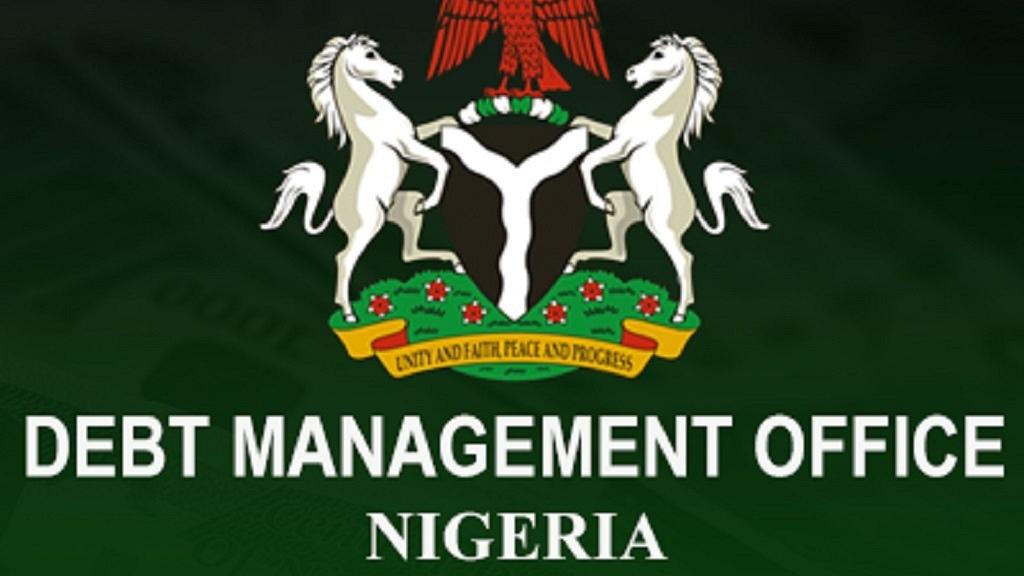The Debt Management Office (DMO) revealed that the country’s debt profile has risen to N22.43tn, as of last quarter of 2018.
It will be recalled that, as of June 30, 2015, the country’s total debt stood at N12.12tn. This implies that country’s total debt has risen by N10.31tn or 85.06 per cent under the current administration.
The debt’s external component of both the Federal Government and state governments’ debts including that of the Federal Capital Territory stood at $21.59bn. This also increased by $11.27bn, from $10.32bn in 2015.
Similarly, the domestic debt of both the Federal Government and the subnational governments stood at N15.81tn. The records showed that the Federal Government alone owes N12.29tn in domestic debt, a massive increase from N8.4bn as of June 2015.
Read also: Every Vote Must Count: Buhari Promises Ahead of Election
The DMO explained that there was only minimal difference in the debt records between the second quarter and the last quarter of 2018. “The domestic debt of the FGN, states and the FCT grew by 1.19 per cent from N15.63tn in June 2018 to N15.8tn in September 2018. This increase of N185bn was attributed to the FGN (N135bn) and states and FCT (N50bn).”
It added, “The combination of an increase in the level of domestic debt and a decrease in the external debt stock resulted in a slight shift in the portfolio composition.
“As of September 30, 2018, the share of domestic debt was 70.51 per cent compared to 69.83 per cent in June 2018.
“This trend is expected to be reversed in Quarter Four 2018 as the new external borrowing of N849bn (about $2.78bn) provided in the 2018 Appropriation Act is expected to be raised within the quarter.”

